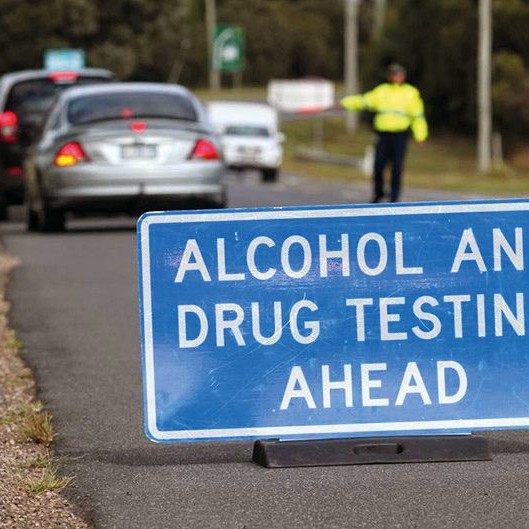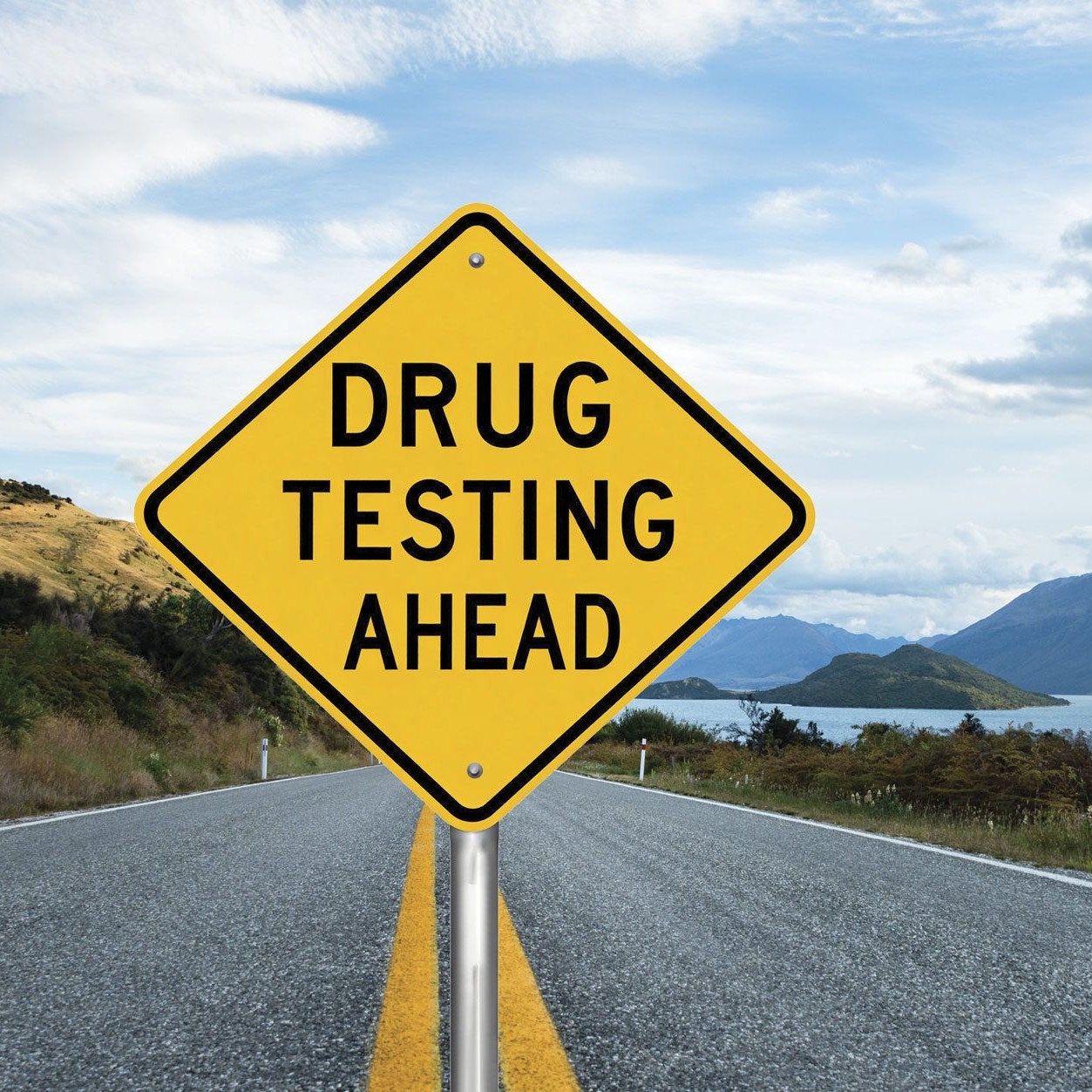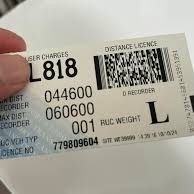
Transporting New Zealand has welcomed Government moves to tighten transport service license (TSL) rules, but is urging Parliament to go further to raise industry standards, including stopping suspended operators setting up phoenix companies to dodge regulators.
The Regulatory Systems (Transport) Amendment Bill would modernise how TSLs are enforced across freight, passenger, rental and vehicle recovery services, including ensuring that “fit-and-proper” assessments were completed for all those controlling transport businesses. These assessments include factors such as criminal history, transport offences, complaints about operations, and failure to pay fines.
A gap in the legislation stops NZTA from preventing unfit persons from joining existing TSLs as a person in control, allowing bad operators to remain in control of transport businesses. This is one reason why there are anecdotal reports of repeat offenders being able to pop back up in other transport businesses following offending or infringements.
Transporting New Zealand’s Billy Clemens and Mark Stockdale appeared before Select Committee to recommend practical changes to the Bill, and encourage Parliament to accelerate a more comprehensive review of the TSL regime.


Billy Clemens and Mark Stockdale from Transporting New Zealand
The changes in the Bill are mostly common-sense reforms that will help ensure all TSL holders meet the appropriate fit-and-proper tests. Transporting New Zealand supports the reforms, subject to some practical caveats, and has offered to work with NZTA and Police on education campaigns, and recommended a sensible lead-in period for implementation.
Transporting New Zealand did raise concerns about the Bill providing NZTA with the power to immediately suspend a TSL on significant health and safety grounds – rather than having to provide 28 days’ notice.
Transporting New Zealand noted that NZTA can already suspend individual drivers on safety grounds, and that immediate suspension of a TSL should only be permitted in cases of systemic, business-wide non-compliance where other remedies will not adequately protect public safety. Transporting New Zealand will be watching progress on this point closely.
Operating a road freight transport business is a serious responsibility, due to the value of cargo being freighted, and the serious safety implications when things go wrong. Bad operators can put lives at risk and damage the reputation of the whole industry. We want the cowboys gone.
While a few rogue operators continue to flout the rules, the wider industry is making strong safety gains. The latest Ministry of Transport data available shows that between 2013 and 2023, truck-related fatal and injury crashes (per 100 million kilometres travelled) fell, and ACC data shows injury claims in road freight transport dropped 35 per cent between 2018 and 2025.
Most operators are running safer, more efficient businesses than ever before. The priority now is to back the good performers and enforce the rules against those who refuse to meet basic standards.
Transporting New Zealand has anecdotal reports of suspended or disqualified TSL holders getting an associate to register a new license and carry on business as usual. There needs to be a more rigorous application process that would catch this.
NZTA should also be assessing the size of the transport business a TSL applicant intends to operate, and whether they have sufficient experience and capability to operate the business safely.
The wide-ranging Amendment Bill would also allow NZTA to declare that powerful electric mobility devices are not motor vehicles. This would allow faster e-scooters and similar vehicles on the roads without registration and ACC contributions required of other registered vehicles.
Transporting New Zealand also recommended that increases to the power output of mobility devices that NZTA can declare not to be motor vehicles should not proceed without complementary policy measures to protect all road users from increasingly powerful e-mobility vehicles.
These vehicles can travel at high speed but are hard to see due to their small size and lack of front or rear lights. These policy measures could include charging a one-off ACC levy at the point of import to cover increasing ACC claims for e-scooters and the like, requiring the manufacturers to set a maximum speed limit, and allowing e-mobility devices to use cycle-only lanes instead of the road.
Transporting New Zealand presented its submission to the Transport and Infrastructure Select Committee on Thursday this week, and will keep members updated as the Regulatory Systems (Transport) Amendment Bill progresses.





